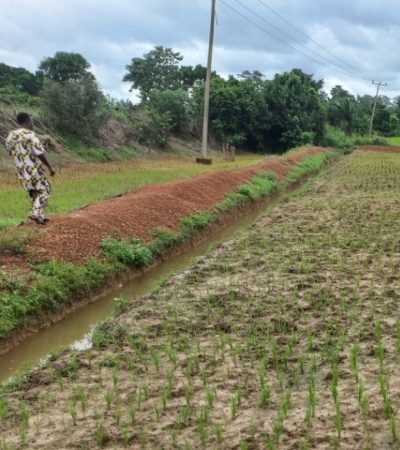
Fish Breeding Technology in Bangladesh Offers Convenience and Quality to Farmers and Consumers
Cryopreservation — preserving and storing the sperm cells of fish — helps maintain valuable genetic material and supports the growing aquaculture sector in the country Fish farmers in Bangladesh harvesting…
Read More


